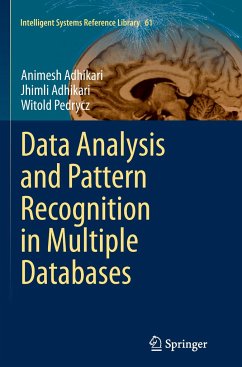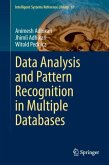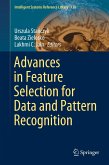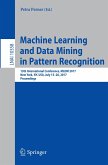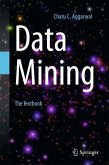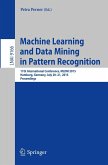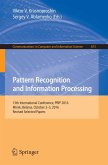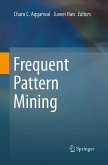Pattern recognition in data is a well known classical problem that falls under the ambit of data analysis. As we need to handle different data, the nature of patterns, their recognition and the types of data analyses are bound to change. Since the number of data collection channels increases in the recent time and becomes more diversified, many real-world data mining tasks can easily acquire multiple databases from various sources. In these cases, data mining becomes more challenging for several essential reasons. We may encounter sensitive data originating from different sources - those cannot be amalgamated. Even if we are allowed to place different data together, we are certainly not able to analyze them when local identities of patterns are required to be retained. Thus, pattern recognition in multiple databases gives rise to a suite of new, challenging problems different from those encountered before. Association rule mining, global pattern discovery and mining patterns of select items provide different patterns discovery techniques in multiple data sources. Some interesting item-based data analyses are also covered in this book. Interesting patterns, such as exceptional patterns, icebergs and periodic patterns have been recently reported. The book presents a thorough influence analysis between items in time-stamped databases. The recent research on mining multiple related databases is covered while some previous contributions to the area are highlighted and contrasted with the most recent developments.
Bitte wählen Sie Ihr Anliegen aus.
Rechnungen
Retourenschein anfordern
Bestellstatus
Storno

